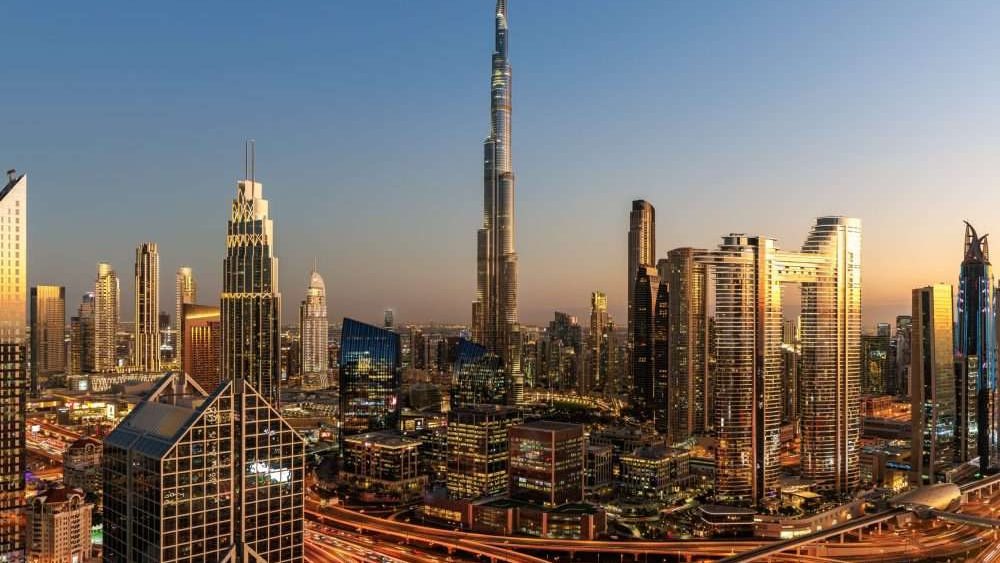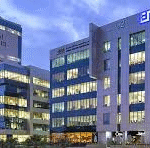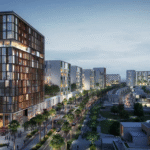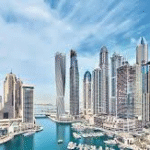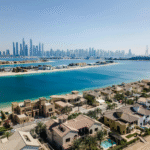Now Reading: Dubai Property and Cloth Market 2025: Big Changes Ahead
-
01
Dubai Property and Cloth Market 2025: Big Changes Ahead
Dubai Property and Cloth Market 2025: Big Changes Ahead
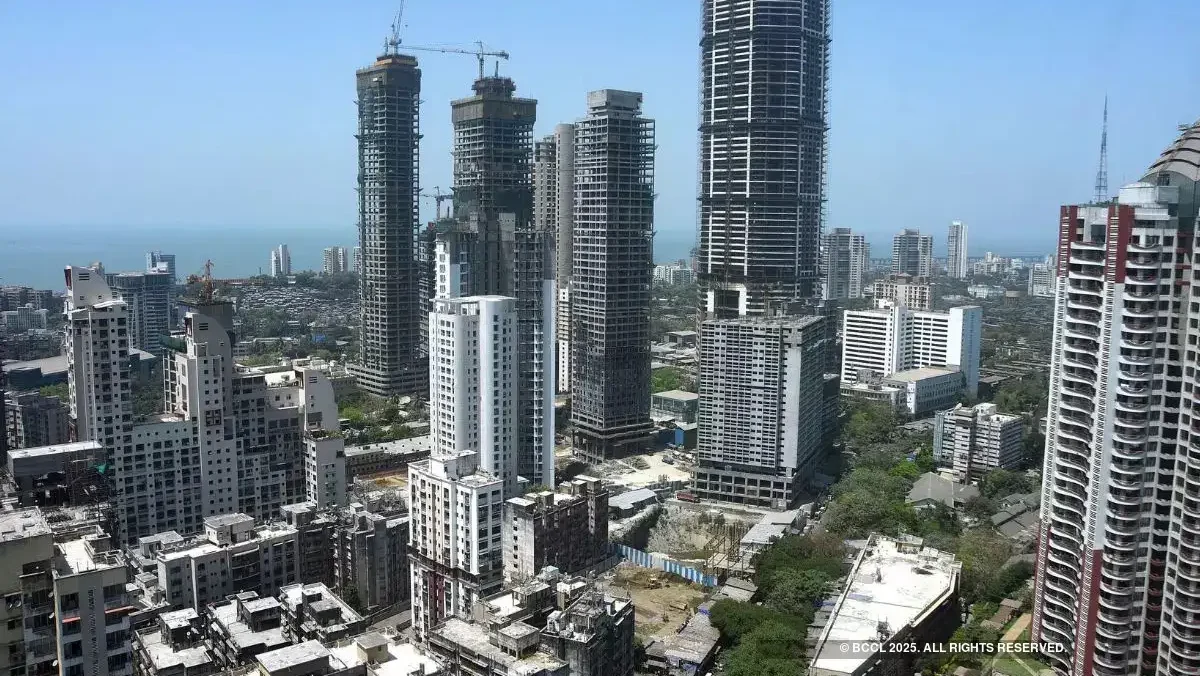
Table of Contents
Dubai continues to evolve as a global commercial hub, where real estate and retail markets operate with incredible speed and precision. In the first half of 2025, both the Dubai property market and the cloth and textile trading sector have seen notable shifts, signaling new opportunities for investors, developers, retailers, and entrepreneurs.
This article presents an in-depth update on the current state of the property and cloth market in Dubai, outlining key trends, recent data, major developments, and forecasts for the second half of the year.
Dubai Property Market 2025: Stable Growth with Selective Surges
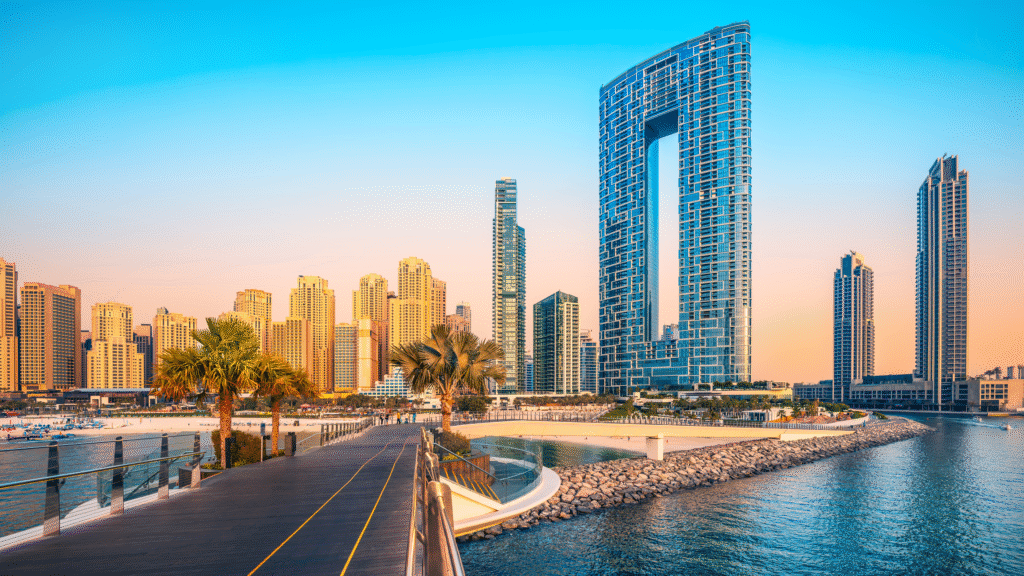
The Dubai property sector has shown consistent growth in 2025, driven by increasing foreign investment, continued population growth, and the city’s push for global talent. According to recent reports, Dubai recorded over AED 180 billion in real estate transactions in the first five months of the year, reflecting a 12 percent increase compared to the same period in 2024.
Key Trends:
- Luxury and Waterfront Properties in High Demand:
Palm Jumeirah, Dubai Marina, and Downtown Dubai continue to dominate the luxury segment. Villas and apartments with waterfront views are fetching premium prices due to limited supply and high tourist demand. - Affordable Housing on the Rise:
Areas like JVC (Jumeirah Village Circle), Dubai South, and Al Furjan are attracting middle-income buyers and renters. Developers are launching new affordable projects, especially with payment plans extending over 5 to 10 years. - High Return on Investment:
Rental yields remain strong, especially for short-term rentals. With Dubai being a top destination for global events and conferences, property owners are benefiting from tourism-related demand. - Digital Transactions and AI Integration:
The property sector is becoming more tech-enabled. Smart property searches, virtual tours, AI-based valuations, and digital contracts are helping both buyers and sellers transact faster and with greater transparency.
Emerging Districts to Watch
In 2025, Dubai’s government has focused on developing newer areas such as Dubai Creek Harbour, MBR City, and the Expo City zone. These areas are attracting both residential and commercial projects, offering investors early entry into high-growth zones.
The Green Visa and Golden Visa reforms are also encouraging long-term investments. Many foreign nationals are now considering Dubai not just as a temporary work stop, but as a permanent home and business base.
Dubai Cloth Market 2025: Blending Heritage with Innovation
Dubai’s cloth market has always been a vibrant and colorful part of its trade scene. From traditional souks to high-end textile showrooms, the industry plays a vital role in both retail and wholesale trade.
The textile and cloth market has reported stable demand in 2025, supported by domestic consumption, rising fashion startups, tourism, and re-exports to GCC and African countries.
Key Areas for Cloth Trade:
- Bur Dubai and Meena Bazaar:
These continue to be the heart of traditional cloth markets, offering everything from silk, cotton, chiffon, and sequins to wedding fabrics. Traders here have adapted to digital storefronts and WhatsApp-based client servicing. - Dubai Design District (D3):
A hotspot for fashion designers and textile innovators, D3 is bridging traditional craftsmanship with modern creativity. The area supports fashion tech startups, sustainable cloth production, and niche boutiques. - Dragon Mart and Al Ras Wholesale Market:
These continue to serve bulk buyers and international traders from Africa, Central Asia, and Europe. Cloth importers from India, China, and Pakistan dominate the supply chain here.
Trends Shaping the Textile Sector
- Shift to Sustainable Fabrics:
With global attention on eco-friendly fashion, many retailers are now sourcing organic cotton, bamboo fabrics, and recycled fibers. UAE-based brands are introducing sustainable collections to align with government sustainability goals. - Online and Cross-Border E-commerce:
Many local cloth businesses now operate on Amazon, Noon, and Etsy. Social commerce via Instagram and TikTok has also become a major selling platform, especially for boutique cloth brands. - Fashion Startups on the Rise:
Young Emirati and expat designers are launching their own labels, often using Dubai’s fabric supply chain and garment tailoring services. Dubai Fashion Week and pop-up events help these designers gain exposure. - Custom Orders and Digital Tailoring:
With AI-driven tailoring tools and digital measurements, customers can now order custom suits, dresses, or abayas from the comfort of their homes. This trend is modernizing Dubai’s rich tailoring tradition.
Challenges and Opportunities Ahead
While both sectors are seeing growth, they face a few challenges:
- High Competition and Rental Costs: Small traders in cloth markets often struggle with rising shop rentals and tight competition from mass retailers.
- Currency Volatility: Fluctuations in the Indian Rupee, Pakistani Rupee, and Chinese Yuan affect cloth import costs and pricing strategies.
- Regulatory Compliance: For property buyers and cloth traders alike, adhering to VAT regulations, digital invoicing systems, and trade licensing requirements is a growing concern.
However, Dubai’s strong regulatory environment, investor-friendly policies, and advanced infrastructure continue to make it a preferred business destination.
Looking Ahead: What to Expect in Late 2025

- New Property Launches: Developers are expected to launch mid-range properties targeting young professionals and families.
- Textile Exhibitions and Trade Shows: Events like International Apparel & Textile Fair and Dubai Fashion Forward are scheduled to boost B2B networking in the textile space.
- Tech Integration: Both sectors are likely to see more AI, AR (Augmented Reality), and blockchain-based solutions being implemented to ease transactions and increase transparency.
Conclusion
Dubai dual strength in property and cloth markets lies in its adaptability, global trade connections, and commitment to innovation. Whether you’re a real estate investor, a fashion entrepreneur, or a global buyer, Dubai in 2025 presents a diverse landscape filled with opportunity.
As the city gears up for Expo City developments, fashion weeks, and property investment summits in the latter half of the year, staying updated on these markets will be crucial for making informed business and lifestyle decisions.
Read More:- Shobha Realty Launches Its Most Luxurious Project Yet—Full Details Inside 2025



